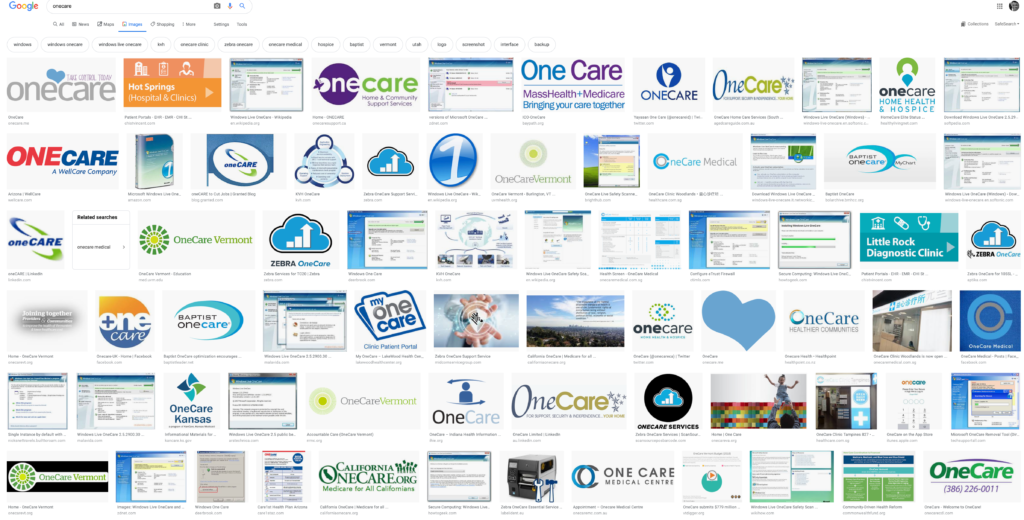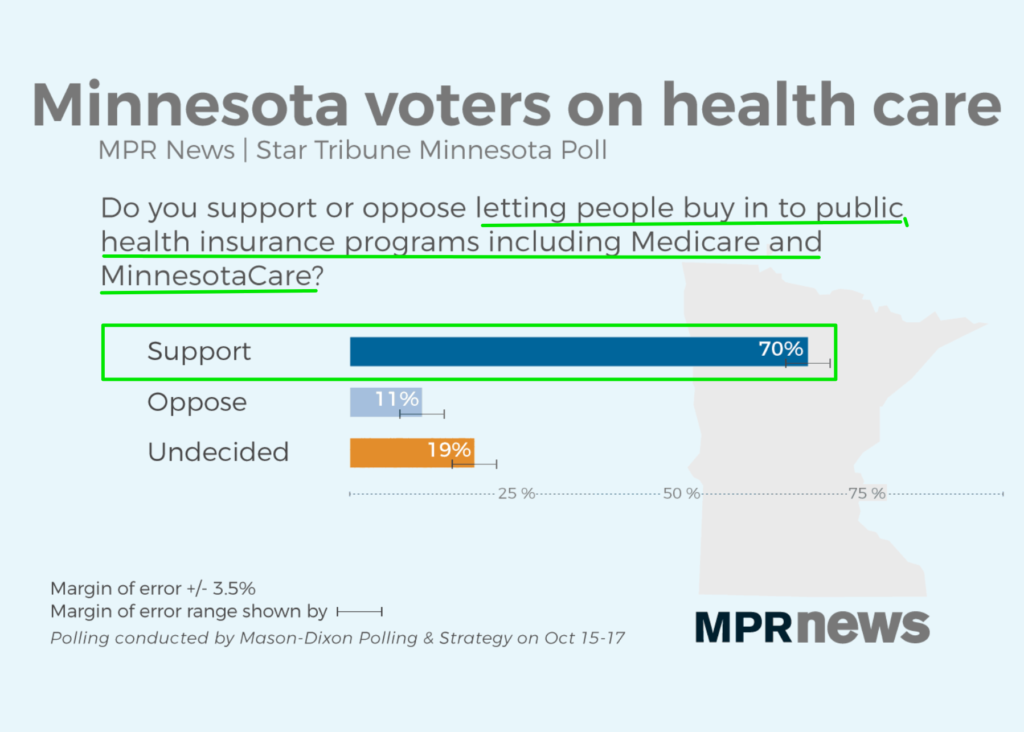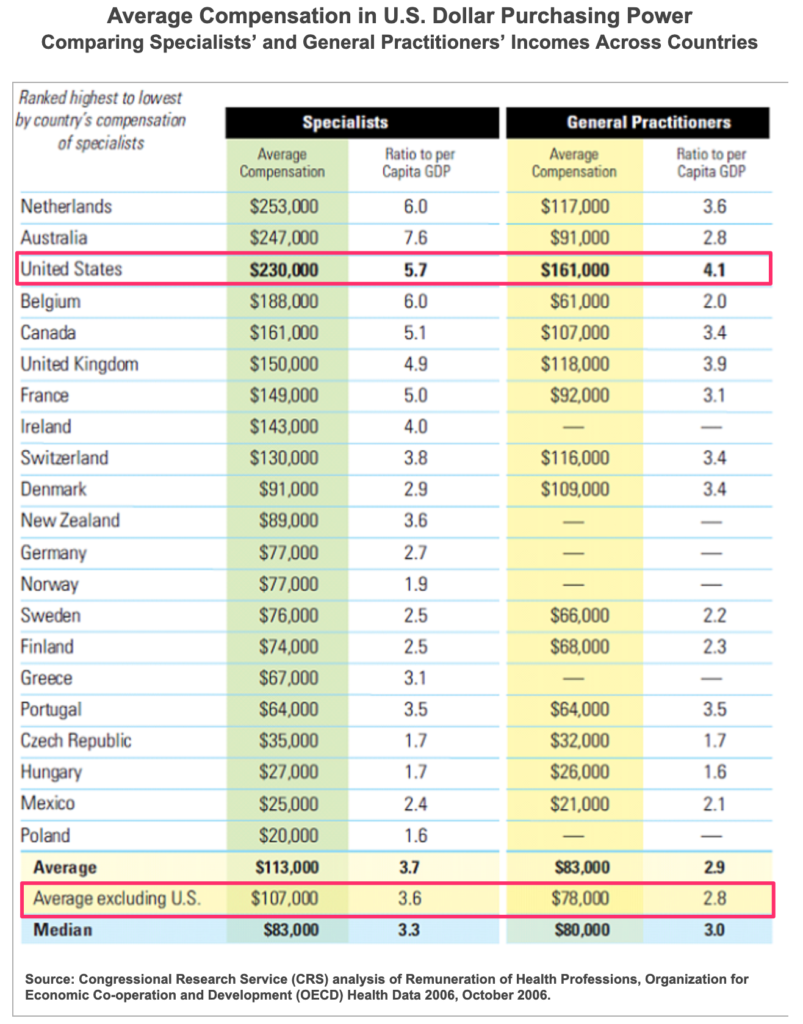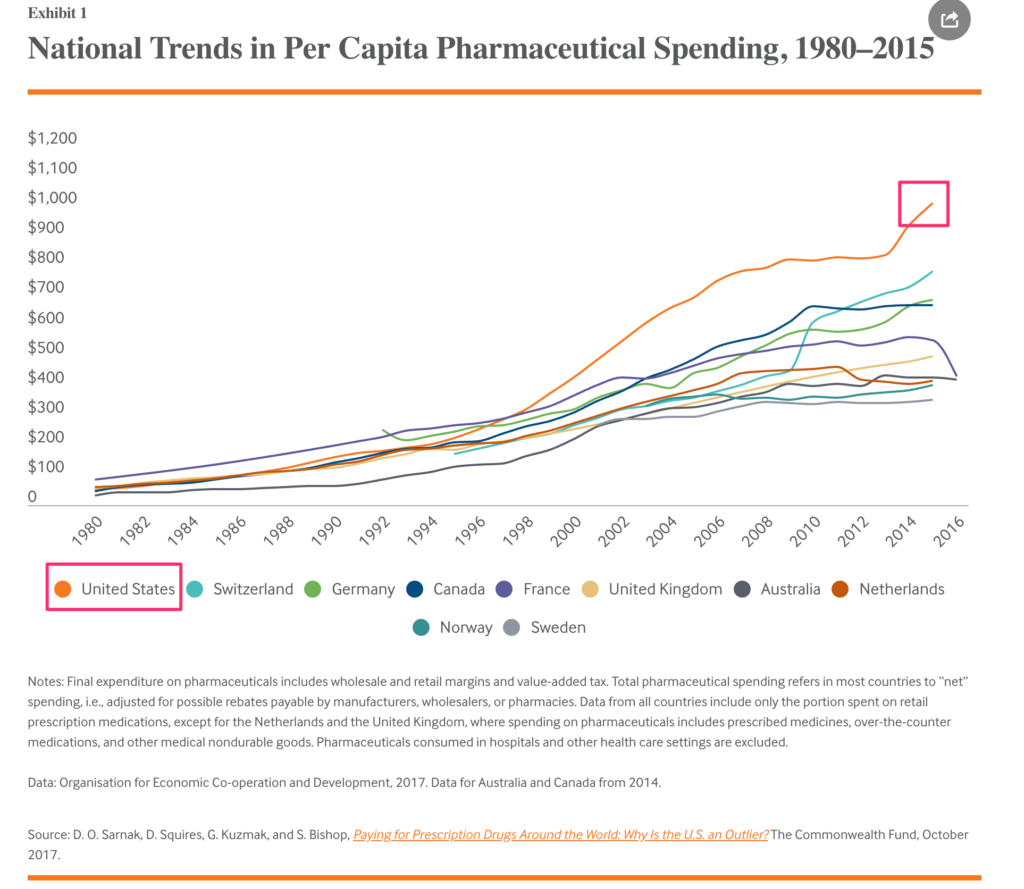I’m a big fan of Governor Walz’s proposal to give Minnesotans a new MinnesotaCare (MNCare) buy-in option. If it passes, it would be a signature part of his legacy as Governor. But he has a lot of work to do before he gets it passed, and he should start by wiping the slate clean and dropping the name “ONECare.”
To be clear, the name ONECare is hardly the biggest problem Walz faces. The much bigger problem is an army of well-connected health care lobbyists and industry-employed donors pushing legislators to stick with a status quo that reimburses the industry at higher rates than MinnesotaCare, an argument that legislators who are serious about cost-containment must reject.
To pass this proposal, the Governor is going to need to use his political capital and get a lot more personally engaged in the fight than he has been so far.
But the name ONECare certainly doesn’t help the cause, a cause I’ve been supporting over and over, and it’s easy and painless to fix.
When selling ideas and policies, words matter a lot. Think “estate tax” versus “death tax.” “Tort reform” versus “lawsuit abuse reform.” “Medicare-for-all” versus “single payer.” We’ve seen it over and over: Words impact clarity and emotions, and clarity and emotions impact voting behavior.
For three primary reasons, the brand ONECare doesn’t help Walz to convince anyone to enact perhaps the most important policy proposal on his agenda, and instead inadvertently hurts it a bit.
ONECare DOESN’T DESCRIBE, OR DISARM MOST DAMAGING CRITICISM. I prefer the very boring, literal name “MinnesotaCare buy-in option.” I know, I know, it obviously isn’t very lyrical or concise, but it instantly explains the patient benefit, and that’s the most important advocacy need.
This is a concept that almost no one understands, so they need a concise description. ONEcare is not the least bit descriptive. If a Minnesotan heard ONECare come up in a shorthand way, they would have no idea what is being discussed, and very likely would assume you were talking about a corporate health plan.
After 27 years in existence, “Minnesota Care” has a bit of brand equity, and “buy-in option” explains the concept much more clearly than “ONEcare.”
Even more importantly, “MNCare buy-in option” also shines a bright spotlight on that key word “option.” The word “option” disarms the most potent critique of the proposal, the false claim that Minnesotans will be forced to use “government-run health care” against their will.
In a year when Medicare-for-All is being lambasted on the national stage for being mandatory and coercive, it’s critically important to be repeatedly stressing the disarming key message that this is merely another “option” for Minnesotans to take or leave. Stressing that selling point in the name is the best way to achieve that kind of repetition.
ONECare SOUNDS VERY CORPORATE, WHEN IT’S THE ANTITHESIS OF CORPORATE. Also, ONEcare sounds very much like a corporate health care brand. In fact, if you search the internet for “onecare,” numerous private health ventures pop up.

Adopting a corporate-sounding brand name confuses and sullies an initiative that’s actually all about providing an option for relief from corporate insurance. That makes no sense.
ONECare IS TOO WALZ-CENTRIC AND PARTISAN IN TONE. Finally, ONEcare politicizes the proposal by using a derivative of Walz’s 2018 campaign theme “One Minnesota.” ONEcare comes across like a partisan advertisement, as opposed to a sincere effort to help Minnesotans get cheaper and better health care coverage.
Governor Walz likely intended ONEcare to be unifying – “we’re ‘one Minnesota’ and this gives everyone the same option in all parts of the state, including areas where there are few options.” I get that. But the fact that the “One Minnesota” sloganeering was so central to Walz’s recent election campaign makes ONEplan feel like it belongs to one political tribe only, instead of something that people of all political stripes should support.

Again, dropping the ONECare name obviously isn’t going to guarantee passage. For that to happen, legislators are going to need to have more courage, and Governor Walz is going to need to really use his political capital to fight for this. But dropping “ONECare” will help make their explanation of this excellent idea feel a bit more clear, direct, disarming, and apolitical.


